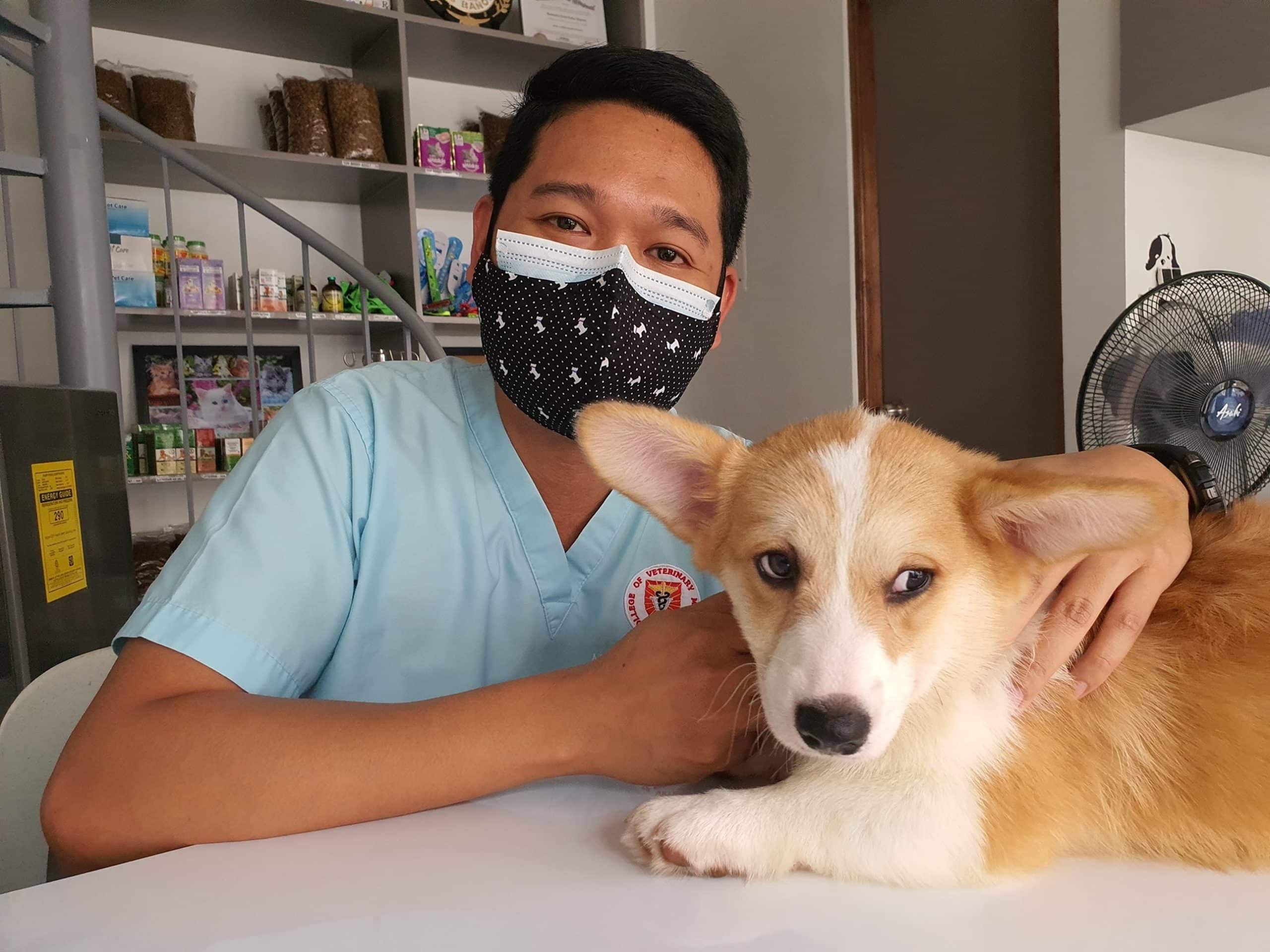Tips for the first vet visit

Congratulations on your new furry friend! Whether it’s a playful puppy, an adorable akc registered breed, or a charming cat, welcoming a pet into your home is a joyous occasion. However, along with the excitement and fun, you must also take responsibility for your pet’s health and wellness. One of the first steps in this process is scheduling the first visit to the vet. This visit is crucial for setting up a foundation for your pet’s long-term health.
Preparing for the Appointment
The first vet visit can be an overwhelming experience both for you and your pet. Therefore, it’s crucial to prepare beforehand to ensure a smooth process.
Avez-vous vu cela : Why do cats purr and what does it mean?
Start by making sure you have all the necessary documentation. If your pet is an AKC registered breed, bring all related paperwork. This can help provide the vet with useful information about breed-specific health issues. Also, if your pet is adopted, bring any health records you received during the adoption.
It’s also a good idea to purchase pet insurance before your first visit. Veterinary care can be quite costly, and having pet insurance can help offset some of these costs.
En parallèle : What are the early signs of arthritis in dogs?
Lastly, bring a list of questions or concerns you might have. You may want to ask about your pet’s diet, exercise needs, or common health issues to watch out for.
What to Expect During the Visit
Knowing what to expect during the visit can help alleviate any anxiety you might have.
Usually, the vet will start with a general health check. This involves examining your pet’s body condition, fur, eyes, ears, teeth, and nails. The vet may also check your pet’s heartbeat and breathing.
If your pet is a puppy or kitten, the vet will probably suggest starting a vaccination program. Vaccines can protect your pet from many dangerous diseases, and it’s important to start them early.
The vet will also likely recommend a parasite control program. This can prevent your pet from getting fleas, ticks, heartworms, and other parasites.
During the visit, it’s essential to ask any questions you may have. The vet is there to help, and will be happy to provide information on anything you’re unsure about.
Post-Appointment Care
After the first vet visit, following the advice given by the veterinarian is crucial for your pet’s health.
If the vet has prescribed any medication, make sure to administer it as directed. Also, if your pet has started a vaccination program, remember to schedule the next appointment. Vaccines often require multiple doses to be effective.
Furthermore, implementing the vet’s advice regarding diet and exercise is key. Proper nutrition and regular exercise are vital for keeping your pet healthy.
Finally, observe your pet’s behavior closely in the days following the visit. If you notice any changes, don’t hesitate to call the vet.
Choosing the Right Vet
Finding a vet that both you and your pet feel comfortable with can make a big difference.
Ask for recommendations from other pet owners you trust. Online reviews can also be helpful. However, it’s always a good idea to visit a potential vet’s office in person to get a feel for the environment.
Consider factors such as the location, office hours, and emergency services available. Also, look at the vet’s approach to care. Do they advocate for preventative care? Are they open to discussing different treatment options?
Remember, the best vet for your pet is one who treats them with kindness and respect, and who is willing to work with you to ensure the best possible care.
Importance of Regular Vet Visits
After the first vet visit, regular check-ups are necessary to maintain your pet’s health.
Routine vet visits can detect potential health problems before they become serious. This can not only save your pet from discomfort but also save you from costly treatments down the line.
Regular vet visits also provide an opportunity to ask questions and discuss concerns about your pet’s health. Your vet can provide advice on everything from diet and exercise to behavior and training.
Remember, you are an essential part of your pet’s health care team. Regular vet visits, combined with a healthy lifestyle at home, can help ensure your pet leads a long, happy life.
There you have it, a thorough guide to help you navigate the first vet visit. Remember, preparation is key, and don’t hesitate to ask questions. You are your pet’s best advocate. Happy pet parenting!
Finding Dog Sports and Activities
Physical activity is not only vital for your pet’s health but also for their happiness. Playing dog sports or engaging in structured activities can provide an excellent outlet for your pet’s energy and add fun and excitement to their routine.
Dog sports such as agility, flyball, and obedience are great ways to keep your pet engaged and active. These activities not only provide physical exercise but also mental stimulation. Training for dog sports will help build a strong bond between you and your pet, improve their obedience, and provide a fun challenge.
The first vet visit is a great time to discuss dog sports and activities. Your vet will be able to advise you on the best types of activities for your pet based on their breed, age, and physical condition. Remember, the goal is to find activities that will keep your pet happy and healthy.
If dog sports seem a bit too energetic for your pet, consider other structured activities such as obedience training or scent work. These activities can also be mentally stimulating for your dog and can be done at a more leisurely pace.
Lastly, don’t forget about the importance of regular play and walks. These activities might seem simple but they are crucial for your pet’s wellbeing. Regular play and walks will not only help keep your pet physically fit, but it will also give them plenty of opportunities to explore their environment, which is important for their mental stimulation.
Your Role in the Veterinary Team
As a pet owner, you play a crucial role in your pet’s health care team. Your observations, concerns, and questions are valuable and can help the veterinary team provide the best care for your pet.
During the vet visit, don’t hesitate to communicate any changes you’ve noticed in your pet’s behavior or physical condition. The veterinary team relies on your observations as you know your pet best.
It’s also important that you follow the veterinary team’s advice and instructions after the visit. This may include administering medication, adjusting your pet’s diet, or implementing a new exercise routine. Remember, the vet’s recommendations are designed to ensure your pet’s long-term health.
In addition, keeping up with regular vet visits is crucial. While the first visit is important, ongoing check-ups will help monitor your pet’s health and catch potential issues before they become serious. Regular vet visits, combined with a healthy lifestyle at home, can help ensure your pet leads a long, happy life.
Also, don’t underestimate the importance of pet insurance. It can help offset the cost of regular vet visits and provide peace of mind in case of unexpected health issues.
In conclusion, welcoming a new pet into your home is an exciting time. With the right preparation and ongoing care, you can ensure your pet’s health and happiness. Remember, you are your pet’s best advocate and an essential part of their health care team. Taking your pet for regular vet visits, finding the right dog sports or activities, and investing in pet insurance are all steps that will help ensure a long, healthy life for your furry friend. Happy pet parenting!
